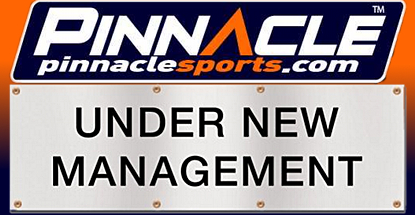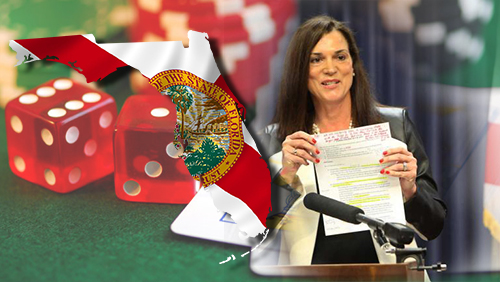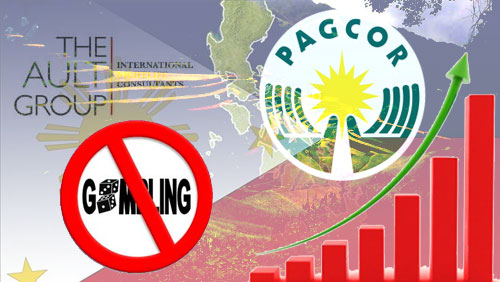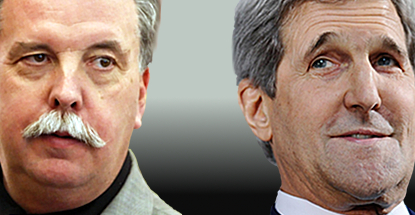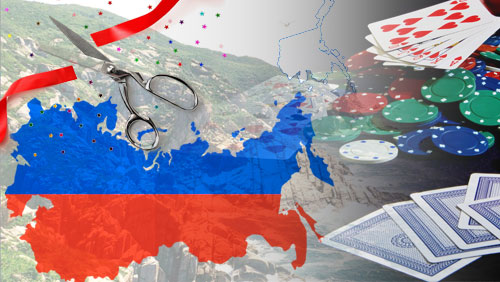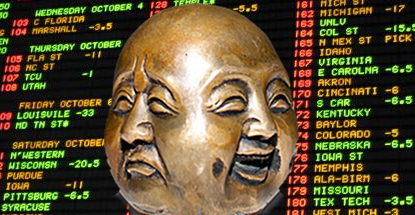Wynn Resorts casino magnate Steve Wynn’s defamation lawsuit against hedge fund manager Jim Chanos has been dismissed with prejudice.
Wynn filed suit in September following comments Chanos made at a panel discussion at UC Berkeley’s Graduate School of Journalism last April. Chanos, who manages the Kynikos Associates fund, told attendees that he’d reduced his holdings in Macau-based casino firms – including Wynn Macau – over fears that Macau’s junket industry left such companies open to potential violations of the US Foreign Corrupt Practices Act (FCPA).
In December, US District Judge William Orrick dismissed Wynn’s suit, saying Chanos’ comments couldn’t be construed as suggesting Wynn had violated the FCPA. Wynn subsequently revised his lawsuit but Orrick wasn’t swayed, issuing a judgment on Tuesday saying anyone “need look no further than the transcript” of the event” to conclude that Chanos’ comments “do not amount to a statement of fact, but rather an opinion that is not actionable.” Adding insult to injury, Orrick ordered Wynn to pay Chanos’ court costs.
In a more positive development, Wynn will see a little more scratch from his pursuit of gambling debts owed by Joe Francis, the former ‘brains’ behind the Girls Gone Wild (GGW) soft-core porn company.
GGW filed for Chapter 11 bankruptcy in February 2013 to protect its assets from court judgments giving Wynn permission to take the assets as partial repayment of Francis’ unpaid casino markers. Wynn was also awarded hefty judgments after winning defamation suits against Francis.
Last April, the GGW brand was sold for $1.8m to a Liquidity Capital-led investment group. On Monday, a bankruptcy court ruled that the proceeds of this sale will be divvied up between GGW creditors, including Steve.
Meanwhile, Francis and his girlfriend Abbey Wilson have an April 2 hearing in a federal court to determine if they should go to jail for failing to turn over two luxury cars belonging to the GGW estate. Francis has claimed that a Mexican strip club owner took the vehicles as compensation for several GGW promotions that never materialized.


